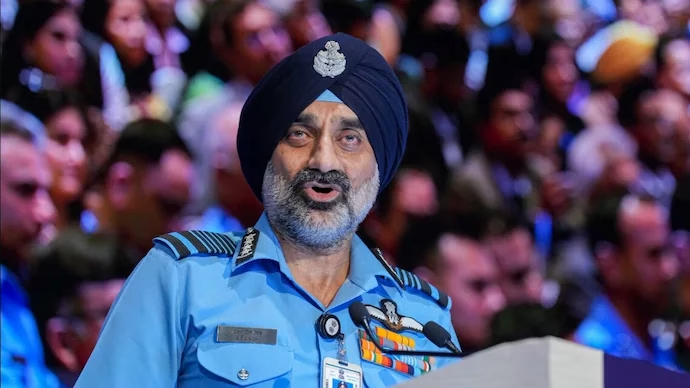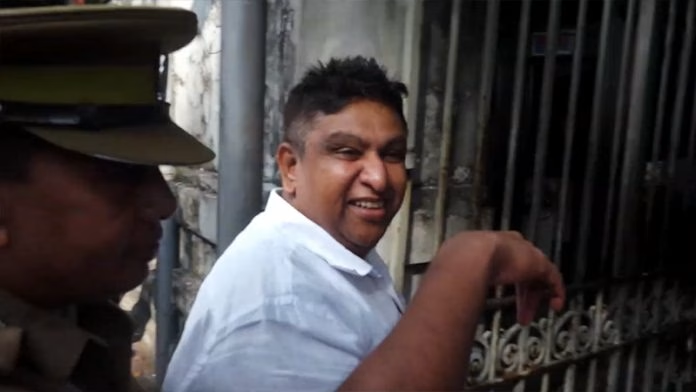Bengaluru: In a significant public disclosure, Indian Air Force (IAF) chief AP Singh has confirmed that “Operation Sindoor” destroyed five Pakistani fighter jets and one intelligence aircraft. Speaking at the Air Chief Marshal LM Katre lecture in Bengaluru, Singh provided the first official details of the extent of damage inflicted on Pakistan’s military assets following the Pahalgam terror attack.
According to the IAF chief, the Indian armed forces’ surface-to-air missile systems, including the Russian-made S-400 Triumf, played a crucial role in the operation. “We have at least five confirmed kills and one large aircraft… This is the largest ever recorded surface-to-air kill that we can talk about,” he stated.
Damage to Pakistani Airbases and Assets
Singh further revealed that India’s strikes on Pakistani military sites on May 10 also caused severe damage to key airbases. At the Jacobabad airfield, which houses F-16 fighter jets, “one half of the hangar is gone,” with some parked F-16s also sustaining damage.
Additionally, two command and control centers—Murid and Chaklala—were damaged, along with at least six radars. The IAF chief indicated that at least one AEW&C (Airborne Warning and Control System) aircraft and several F-16s that were under maintenance were also affected.
The strategic pounding of these airbases, some of which were not yet operational, reportedly led Pakistan to call for a ceasefire after three days of hostilities. Singh credited the S-400 system for its “game-changer” capabilities, which kept Pakistani aircraft from using their long-range glide bombs by preventing them from penetrating India’s air defense perimeter.
No Collateral Damage or Political Hurdles
Singh also addressed claims of civilian casualties, stating that satellite images of the nine terror targets attacked on May 7 show “no collateral damage,” directly rebutting Pakistan’s accusations. He confirmed that around 100 terrorists were killed in the strikes on terror launchpads.
Regarding accusations of operational restrictions, the Air Chief firmly rejected the opposition’s charges, asserting that the military was given complete freedom to plan and execute the attacks. “A key reason for success was the presence of political will. We were given very clear directions. No restrictions were put on us,” he said. Singh added that any constraints were self-imposed and that the attacks were “calibrated because we wanted to be mature about it.” This statement also appears to counter remarks made by an Indian defense attaché that were cited by Congress MP Rahul Gandhi, which the Indian embassy later clarified as “taken out of context.”





